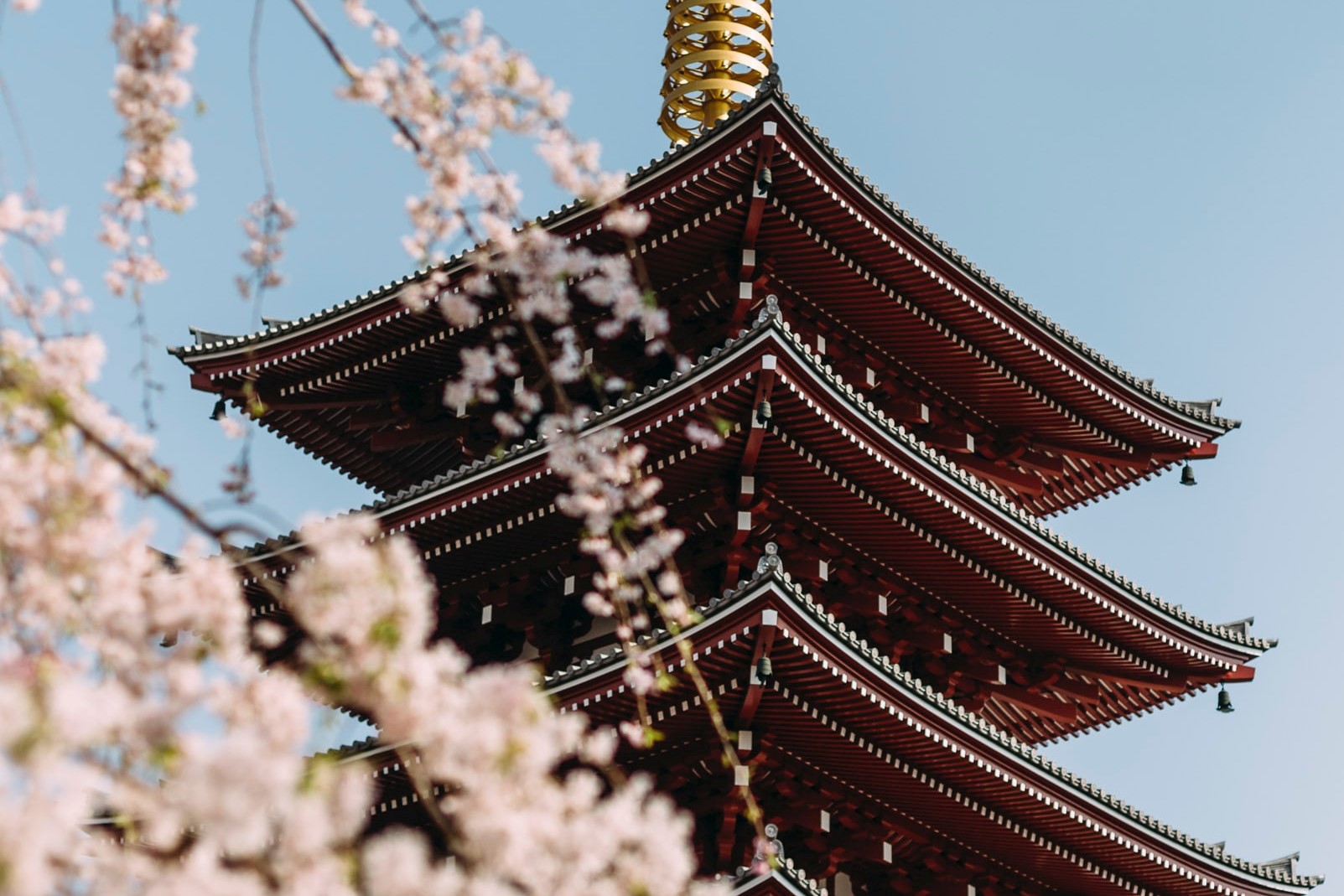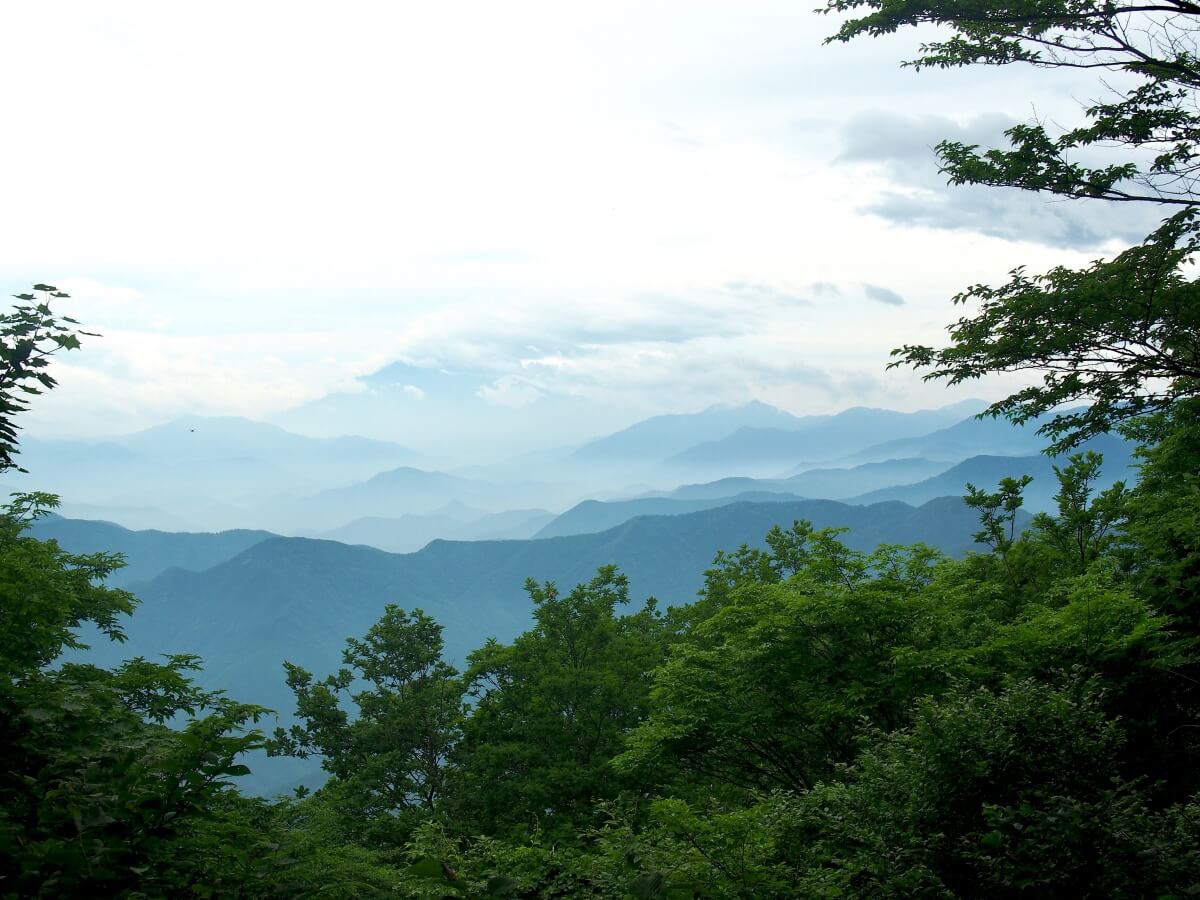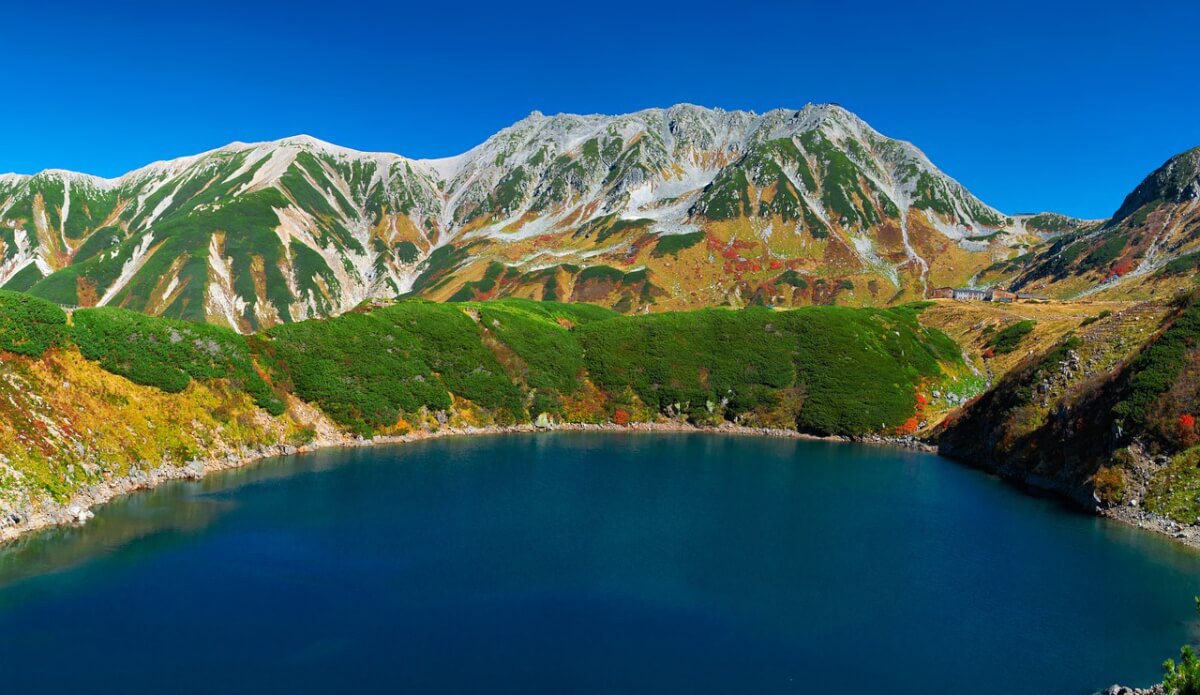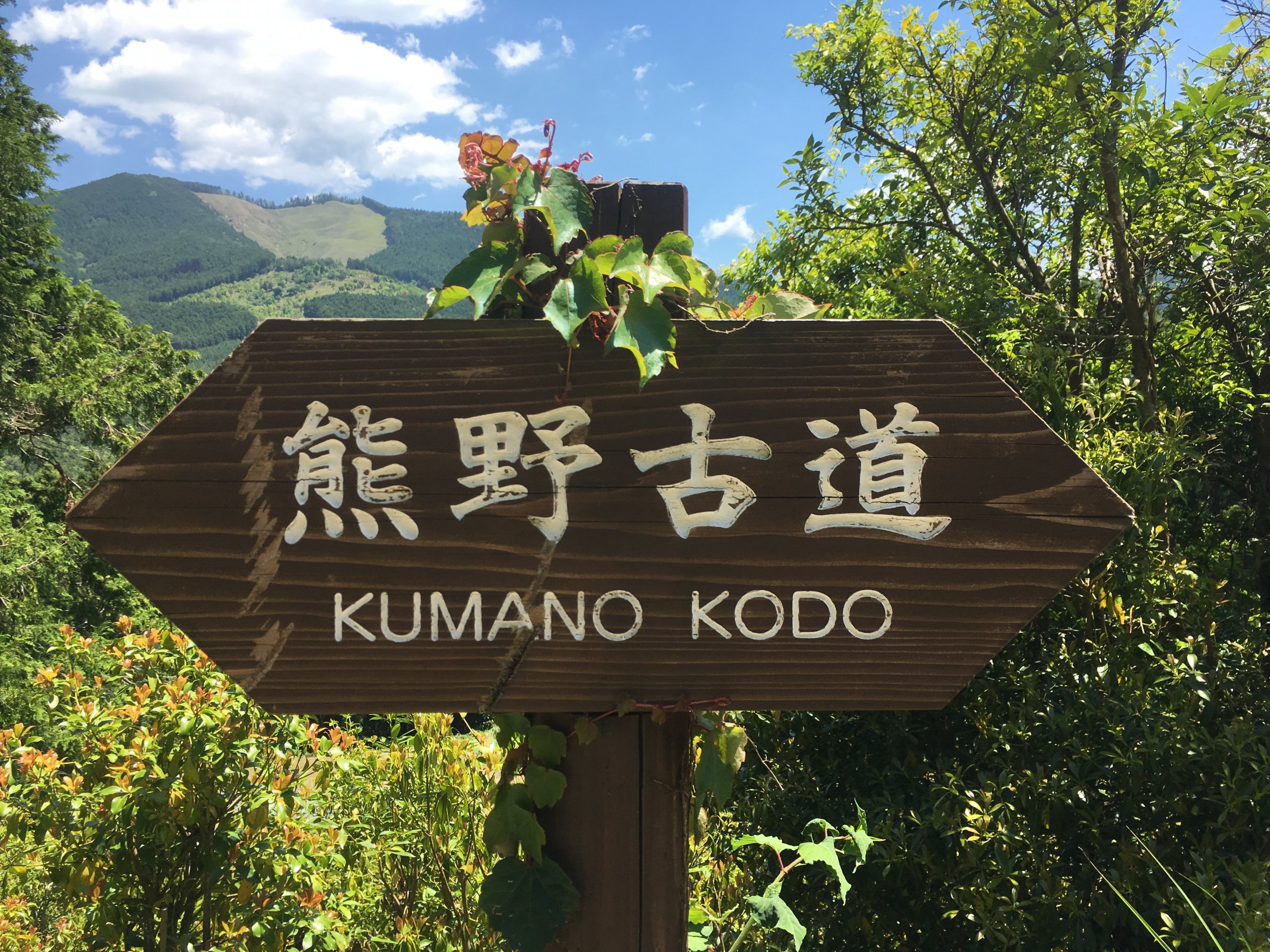In Japan, there are 16 annual national holidays and other annual events which are widely celebrated. Each of them has its own special meaning, origin and customs. Many people have the day off on the national holidays and spend the holiday going out with their family, joining special events, or just relaxing at home. Learning about national holidays and the annual events in Japan helps you to understand its culture and plan your Japan trip more efficiently. In this article, we will give you an overview of each national holiday and event in Japan!
- New Year’s Day in Japan
- Coming of Age
- National Foundation Day
- Valentine’s Day
- Emperor’s Birthday
- Hinamatsuri
- White Day
- Vernal Equinox Day
- Showa Day
- Constitution Memorial Day
- Greenery Day
- Children’s Day (Golden Week)
- Tanabata
- Marine Day
- Health-Sports Day
- Mountain Day
- Obon
- Respect for the Aged Day
- Culture Day
- Labor Thanksgiving Day
- Christmas in Japan
- Japan Wonder Travel guided tours
- Other articles you may like
New Year’s Day in Japan

On New Year’s Day, Japanese people usually visit shrines or temples to pray for the happiness and health of their family. It is called Hatsumode, and one of the most important events of the year. Famous places such as Meiji Shrine in Tokyo and Fushimi Inari Shrine in Kyoto get packed with visitors. Some people get up early and go to watch the first sunrise of the year. Usually people spend New Year’s with family, it is time to go back to their hometown and spend a relaxing time with their family.
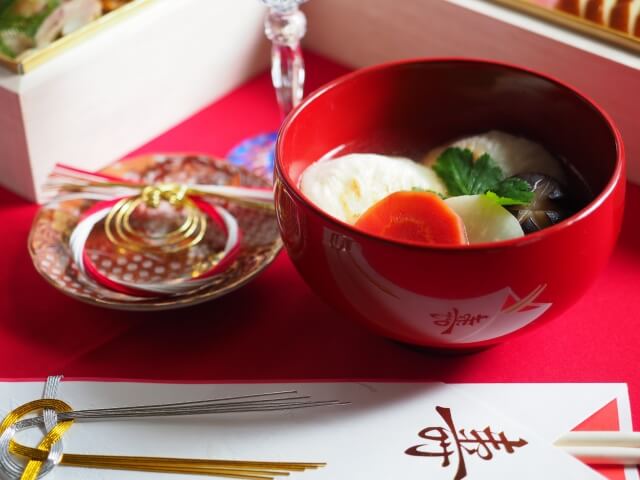
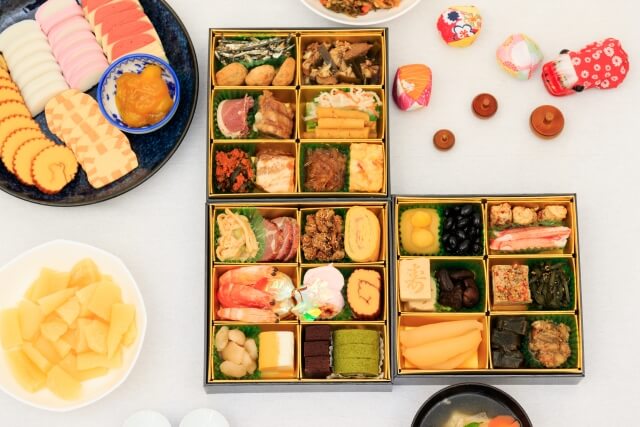
Osechi and Ozoni are traditional New Year’s dishes in Japan. Osechi usually comes in a box full of small dishes and each ingredient and food have a meaning and wish. For example, Kombu means joy and Kazunoko (herring roe) has a wish to be gifted with many kids. Ozoni is Mochi soup and depending on the region of Japan, the ingredients and based soup are different. On New Year’s Eve, it is a tradition to eat soba noodles at home.
Coming of Age
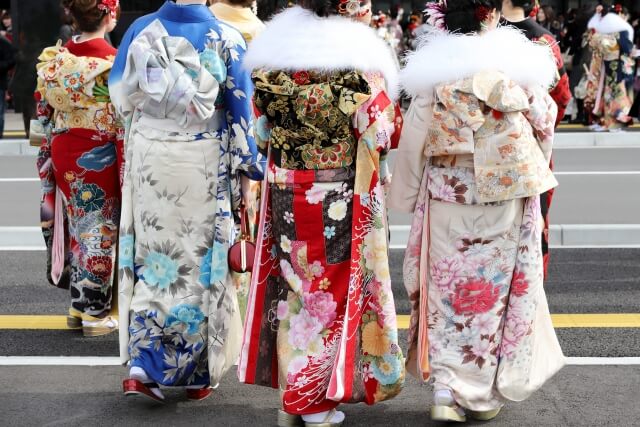
Coming of Age Ceremony is a special ceremony which is held on the second Monday of January. It is a rite of passage to celebrate those who have newly reached the age of 20. In Japan, coming of age at 20 years old and given a right to vote, drink alcohol and smoke cigarettes. You also need to take responsibility for your behavior and become independent. In general, they attend a ceremony held at their own hometown and wear traditional Japanese garments such as Furisode for women and Hakama for men.
National Foundation Day

National Foundation Day is February 11th to commemorate the foundation of Japan as a country. It was officially established in 1966, aiming to celebrate the enthronement of Emperor Jinmu, the first emperor of Japan. After Japan was defeated in World WarⅡ, the holiday was demolished under the control of GHQ (General Headquarters of Allied Powers), but later reinstated as a national holiday. There are currently no special events or ceremonies to be held on the day, but the day has a significant meaning that we shouldn’t forget in its long history.
Valentine’s Day

On February 14th, Valentine’s Day is celebrated in Japan but the way it’s celebrated is different from other countries. In Japan, it’s all about sweet chocolate! Generally women give chocolate to men on Valentine’s Day in Japan but not only to the special one but to family, friends or coworkers with different messages behind chocolates. It’s common to give Giri choco to coworkers or classmates to show their appreciation. It’s also getting more popular to get an expensive chocolate for themselves as well. As Valentine’s Day gets closer, fancy chocolate popup stores are appearing at the department stores and many people flock to the store to get some special chocolate gifts.
Emperor’s Birthday

The Emperor’s birthday is to celebrate the birthday of the emperor. Since 2020, it’s been marked on February 23rd, the birthday of current emperor Naruhito who ascended to throne in 2019. As a new emperor inherits the throne, the date of the holiday changes according to the birthday, and the old one becomes another holiday with a different name, or even back to an ordinary day. At the residence for the emperor, several ceremonies are held, and some of them are open to the general public. A number of people flock to the residence to get a glimpse of him.
Hinamatsuri
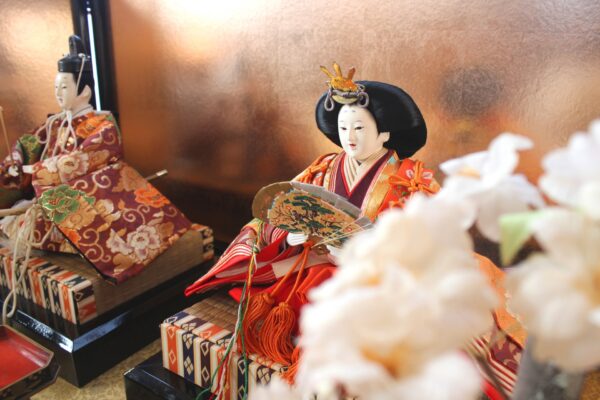
This is not a national holiday but an annual event which is on March 3rd. On Hinamatsuri, people celebrate the happiness and health of daughters and display the Hina Doll at home. It is said that those Hina Doll will take over girls evil spirits so that girls can live happily. People enjoy special meals which are Chirashi Sushi (scattered Sushi) and Hamaguri (clams)on this day.
White Day

White Day is a unique event in Japan which is the opposite of Valentine’s Day. It’s the day to give something in return for the Valentine’s Day gifts. For girls who give chocolate to their crush, it’s an exciting day to see if the feeling is mutual. It is said that each sweet that is given on White Day has a secret meaning; cookies for ‘let’s stay as friends’, candies for ‘I like you’ and macarons for ‘you are special’ and so on.
February to March is probably the best season for a sweet tooth to hunt for the tasty sweets in Japan!
Vernal Equinox Day

In March, we have Vernal Equinox day which was established in 1948. As spring gets closer, it gets warmer and the length of day becomes equivalent to night. It also indicates that we can enjoy more sun during the day, and it offers a great opportunity to appreciate nature and all creatures living in our surroundings. In Japan, many people pay a visit to the graves of their ancestors and pray for them. The date changes depending on the calculation conducted by the National Astronomical Observatory in Japan, and officially declared in February of the previous year. In contrast, we also have a special holiday called Autumnal Equinox Day in September.
Showa Day
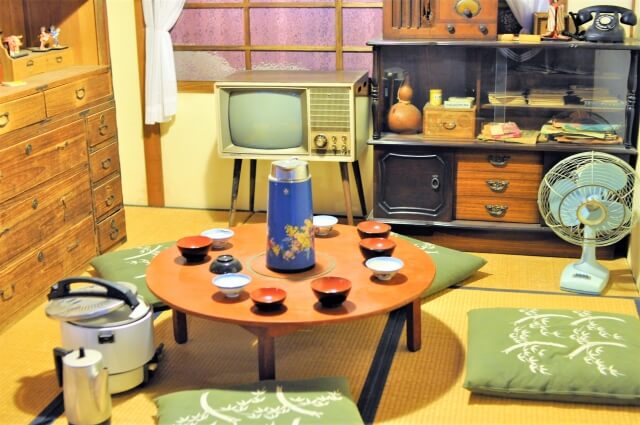
Showa Day is the birthday of Emperor Hirohito, who is also known as the Japanese emperor during the Showa period. It is set on April 29th and a part of Golden Week, one of the longest holiday periods in Japan. A great number of people take advantage of it and spend their time traveling abroad or with their family.
Constitution Memorial Day

Constitution Memorial Day is another national holiday in Japan. It was officially enacted in 1984 in order to celebrate the establishment of The Constitution of Japan, the fundamental law in Japan published in the previous year. It is currently held on May 3rd, and known as a part of Golden Week along with other national holidays such as Showa Day and Greenery Day.
Greenery Day

Greenery Day is a national holiday to be celebrated on May 4th. It was originally held on April 29th until 2006, and later replaced with Showa Day according to the law amendments about national holidays. It encourages people to get familiar with nature and relax through natural experiences.
Children’s Day (Golden Week)

Children’s Day is on May 5th, and it is also a part of Golden Week. It was originally established to celebrate the growth of boys, but currently recognized as a celebration for the happiness of all children regardless of gender. Families with boys put up “Koi Nobori” (Carp streamers in English), a special ornament outside their house. For girls, some people prepare special meals to treat them equally.
Tanabata

On July 7th, it is Tanabata. It is not a national holiday but one of the most celebrated annual events. The legend says two lovers which represents stars Vega and Altair got separated by Milky Way (天の川 Amanogawa, river in the sky in Japanese) because they became lazy and didn’t work hard after they got married. After that, they can meet each other only once a year on Tanabata Day. From that legend, it is said if you make a wish especially about love today, that wish will come true. It is common to write the wish on the paper and hang it on the bamboo trees.
Marine Day

In July, Japan has a unique national holiday called Marine Day. It is usually celebrated on the third Monday of July. As an isolated, small island surrounded by the beautiful sea, Japan receives a great benefit from it. This special holiday gives them an opportunity to pay respect and appreciate the blessing of the sea. In addition, the annual rainy season called Tsuyu gets finally replaced with a refreshing summer season!
Health-Sports Day

Health-Sports Day is annually celebrated on the second Monday of October. It was established in 1966 in an attempt to enhance a consciousness for physical health and strength among citizens through sports. Around the day, a lot of schools organize sports events and students can enjoy some different kinds of sports and compete with other classes at this school event.
Mountain Day

Mountain Day is a new national holiday which was newly established in 2016. It is held on August 11th and the fundamental concept is similar to Marine Day. It encourages Japanese people to get familiar with mountains and appreciate the blessing. As it is close to Obon season which usually starts around August 13th, it is widely recognized as a part of it, composing one of the longest holidays in Japan.
Obon

Obon is one of the most important times for Japanese. It is carried out in the mid-August, and several events and festivals are organized nationwide. It is believed that the spirits of their ancestors come back to their family, and they spend a peaceful time together. They welcome the spirits with a special fire called Mukaebi on August 13th, and send them back with Okuribi on August 16th. Since a number of companies and schools have a long holiday during this time, many people can go back to their hometown or go on a long trip. You had better avoid traveling to Japan during the Obon season, as popular tourist destinations get incredibly packed with crowds!
Respect for the Aged Day
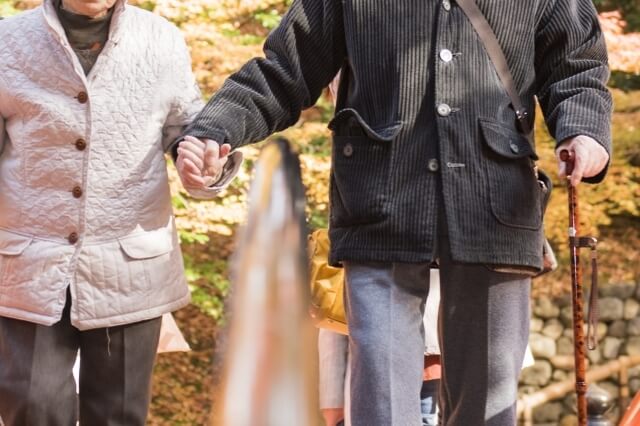
On the third Monday of September, there is a national holiday called Respect for the Aged Day. It is to show their respect for the elderly and honor them, especially their own grandparents. On this day, people visit their parents or grandparents and give them special gifts or tell their appreciation.
Culture Day
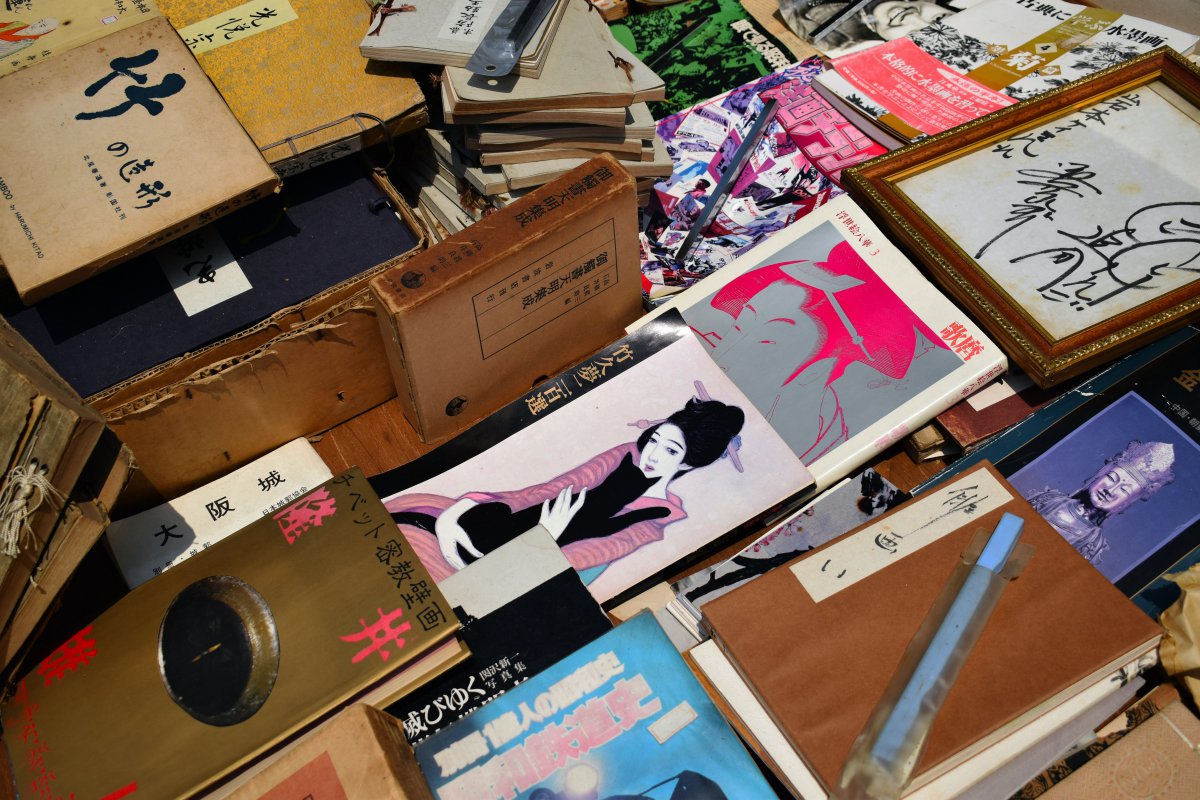
Culture Day is held on November 3rd, and it is the birthday of emperor Mitsuhito, also known as the Japanese emperor during the Meiji period. It used to be the day celebrating his birthday, but it changed to Culture Day after the WWⅡ. It aims to promote cultural activities, thus several art festivals are held on the day. The Order of Culture, an honorable award is given to those who contributed to the development of culture and society in various fields. The ceremony is held at the imperious palace, and it is recognized as one of the most prestigious awards in Japan.
Labor Thanksgiving Day

Labor Thanksgiving Day is a national holiday on November 23rd. It was established in 1948 to show their gratitude for the dedication and hard work for society, and appreciate the production of the year. It originates from a traditional Japanese festival called Niiname-sai, a ritual to celebrate the great harvest of the year.
Christmas in Japan

In Japan, Christmas is not even a national holiday. And even though the majority of people don’t celebrate Christmas for religious reasons, it’s still popular to have cakes and fried chicken (especially KFC!) on Christmas Day. On this day, people rather spend this special time with their friends or partners, not with their family. Decorated Christmas trees with festive ornaments and brightly illuminated streets can be seen everywhere. Cities are full of cheerful songs and shops selling products on a special discount, and there are some Christmas markets in cities like Tokyo to enjoy.
Japan Wonder Travel guided tours
If you need some help to organize your trip to Japan, you should definitely check out our private tour including English guide. We’re glad to help you make your trip to Japan a safe, comfortable, and unforgettable memory!
1. Tokyo 1–Day Highlights Private Walking Tour
Join our popular tour to explore the highlights in Tokyo with our friendly guide!
2. Tokyo Fish Market Tour @Tsukiji – Enjoy Local Food and Drink
Don’t miss our most popular tour in Tokyo to enjoy local food and drinks at a lively fish market!
Learning about national holidays in Japan helps you discover new aspects of Japan with a better understanding of its culture and history!
Follow us on Instagram or Facebook for more travel inspiration. Or tag us to get featured!
Happy travelling!
Other articles you may like
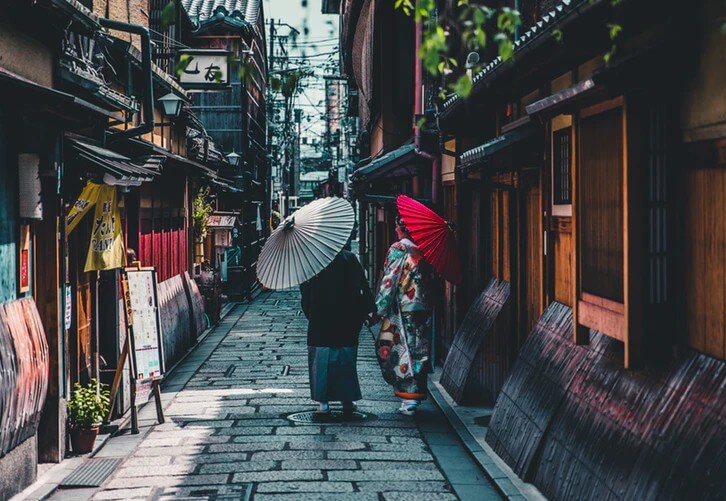
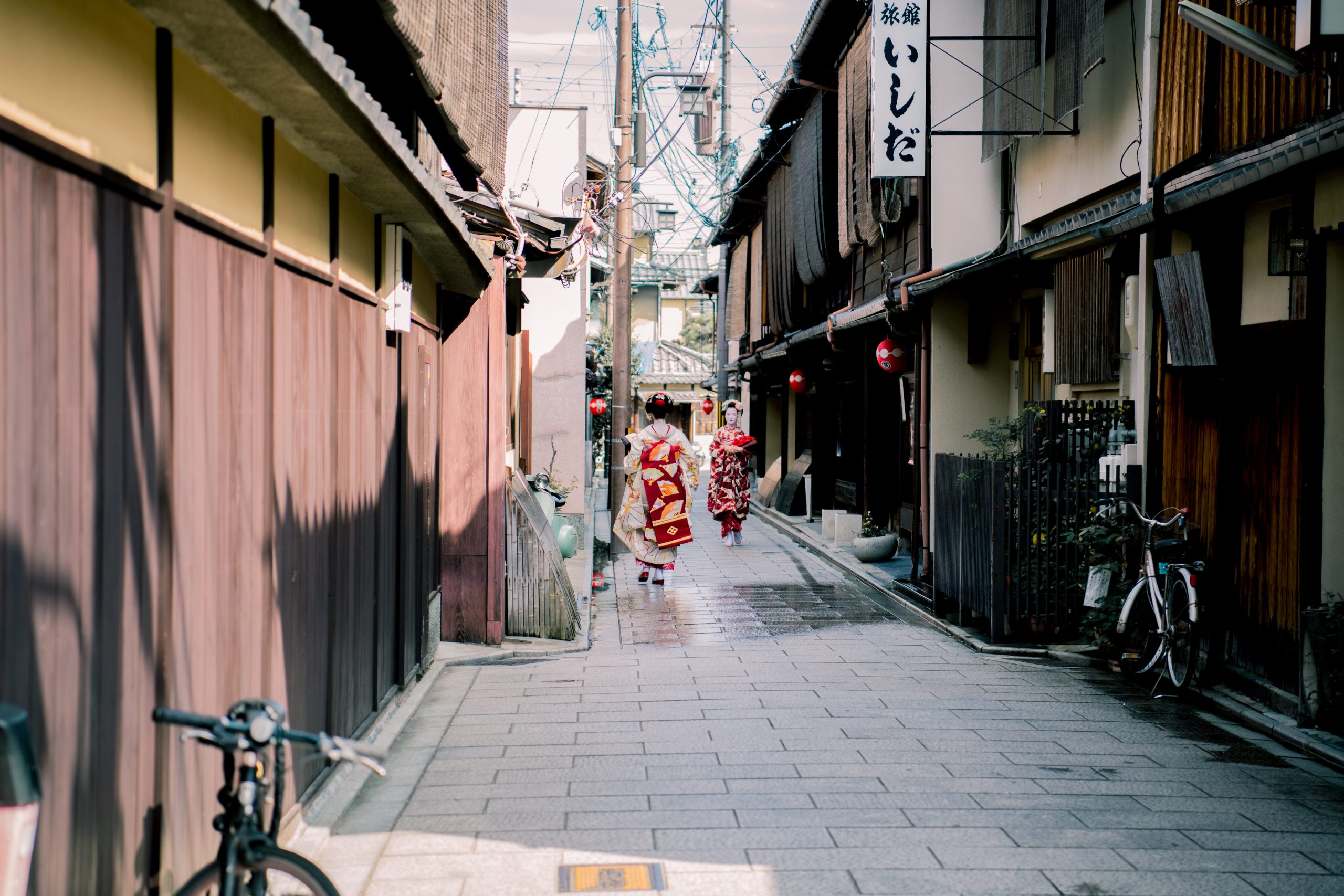



This post may contain some affiliate links. When you click through and make a purchase we may receive some commission, at no extra costs to you
